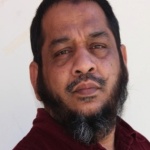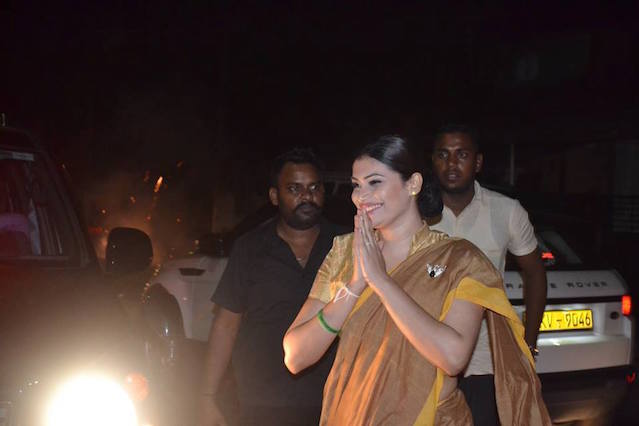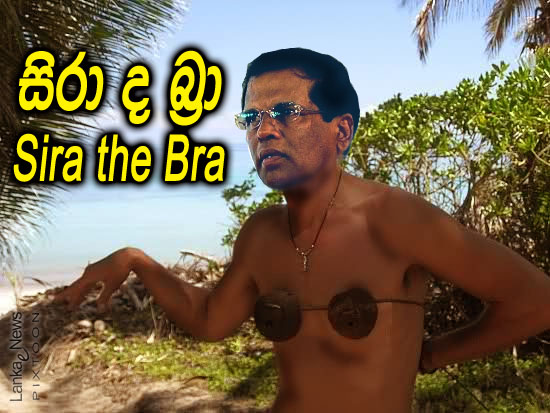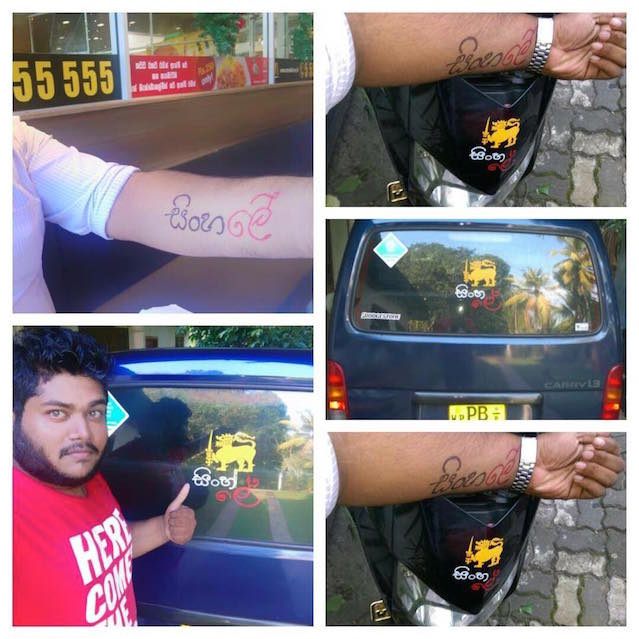Factional Infighting in Both North and South Should not Undermine Opportunity For Political Solution

(Media release by National Peace Council)
The government has declared its intention of prioritizing constitutional reform in the New Year. Parliament is to be converted into a Constituent Assembly (parliamentary committee) that will deliberate on issues pertaining to a new constitution. The government has also appointed a 24 member committee drawn from political and civil society leaders to obtain the views of the people and feed them back to the parliamentary committee. The promise to amend the constitution was made by government leaders at both the last presidential and general elections that took place in January and August of this year. Their main pledge was to abolish the executive presidency and to change the electoral system from one based on proportional representation to a mixed system of proportional representation and first-past-the-post voting in which parliamentary seats would be apportioned in proportion to the total number of votes obtained by each of the political parties. There is a general consensus in society about the need to reduce the power of individuals elected to power and to ensure their accountability.
However, amongst the key issues that will need to be part of the constitutional reform process is the issue of power sharing between the different ethnic and religious communities who, together, constitute the Sri Lankan nation. At the regional level for this has been the demand since 1956 when the Sinhala Only Act was passed to make Sinhala the only national language.
Attempts to change or even soften this law at that time were not supported by the Sinhala majority. So deprived having the Tamil language as a national language the Tamil parties demanded devolution of power to regions to be demarcated linguistically. This was opposed by the ethnic majority assuming it would lead to a federal state. This has been the most contentious issue in post-independent Sri Lanka. Efforts made by previous leaders of government to tackle this problem from 1957 onwards floundered due to opposition from nationalist elements in the polity who roused the fears of the general population that it would mean the break up of the Sinhalese-dominated state.
The National Peace Council believes that the present period offers a unique and unprecedented opportunity to politically resolve the ethnic conflict once and for all, based on equity and justice. This is due to the cohabitation of the two main political parties headed by President Maithripala Sirisena and Prime Minister Ranil Wickremesinghe in the National Unity Government. Historically these two parties have never worked together to resolve the ethnic conflict.
Instead when one party sought to resolve the issue the other party took to the strets against the proposed solution. It is noteworthy that virtually all of the small political parties, whether ideology-based or ethnic and religious-based, are broadly supportive of the National Unity Government. We note that the government has gone to the extent of postponing local government elections that might have been divisive in the context of the constitutional reform process.
We urge that the opportunity that now exists should not be undermined by factional infighting in both north and south. It appears that this factional infighting is less about policy differences than about power struggles for inclusion in the political process and control. We call on members of all political parties to start discussions within their parties and collectively towards a vision of Sri Lanka as a prosperous and united nation where the rights of all are safeguarded.




.jpg)



















